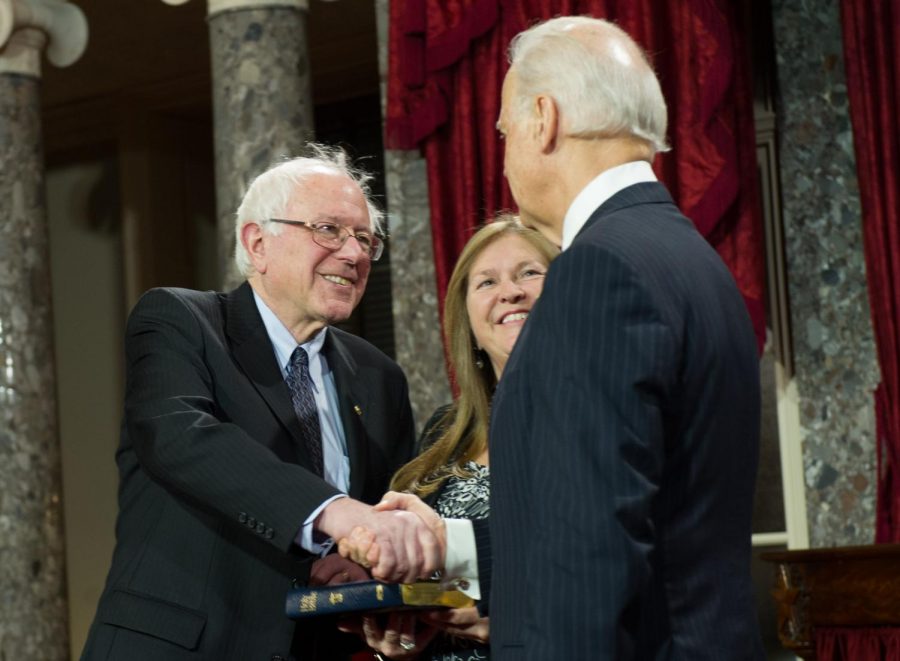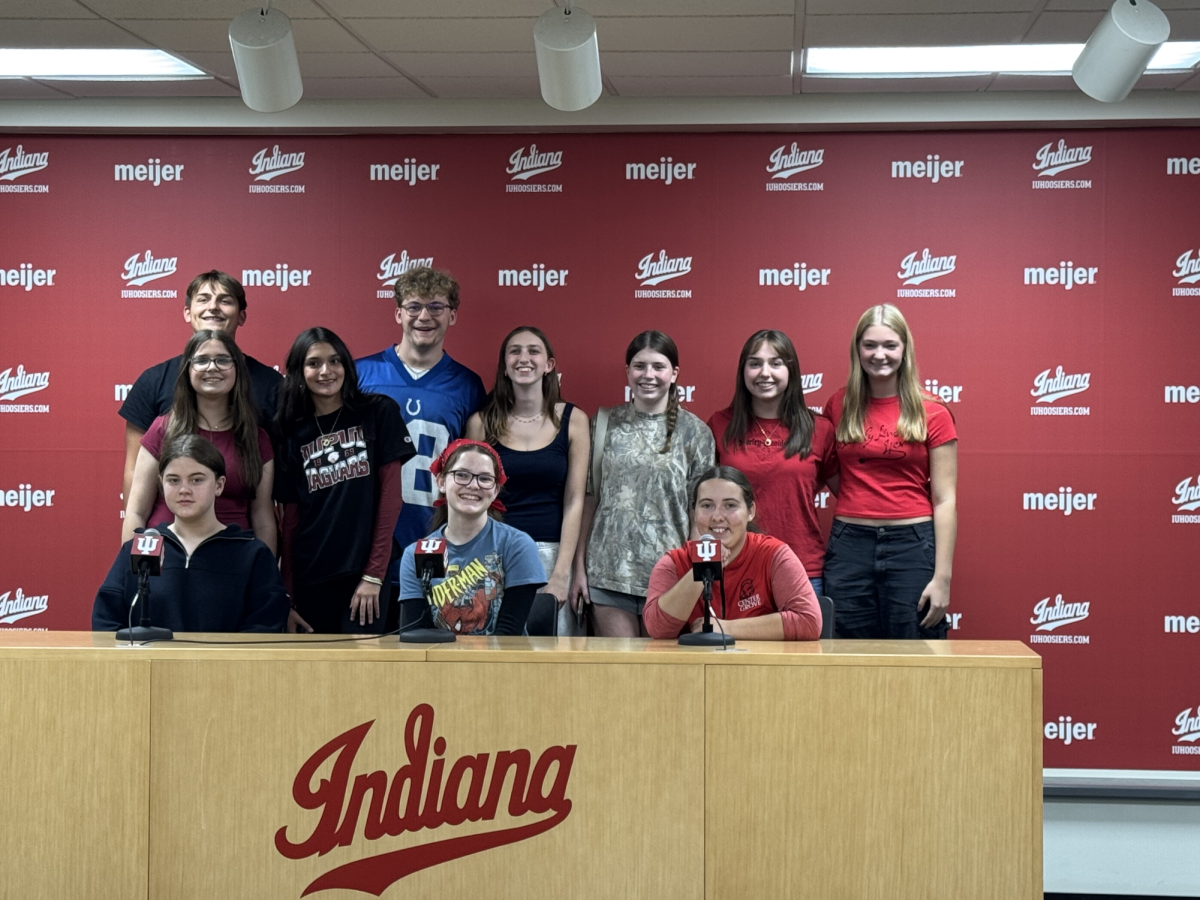Super Tuesday Results: Biden Wins Big, Sanders Looks to California, Bloomberg Drops Out
March 4, 2020
The Super Tuesday results for the Democratic primary are in, and it’s a big win for former Vice President Joe Biden. Biden won the majority of states and votes with Senator Bernie Sanders coming in second and former New York City mayor Mike Bloomberg coming in third. Biden was able to win 10 states, including Alabama, Arkansas, Massachusetts, Minnesota, North Carolina, Oklahoma, Tennessee, Texas and Virginia, bringing his delegate total to an estimated 670. Sanders was able to win three states, including Colorado, Utah and Vermont, bringing his delegate total to an estimated 589. At the time of publication, results for Maine and California were not yet reported.
Other candidates didn’t win nearly as many delegates as Biden and Sanders and are projected to have a less than 1% chance of winning a majority of delegates according to 538. Since Tuesday’s results, Bloomberg’s campaign announced the suspension of his presidential bid, leaving Biden, Sanders, Senator Elizabeth Warren, and Rep. Tulsi Gabbard as the only Democratic contenders.
Biden was able to win in some states he was initially projected to lose, namely Minnesota and Massachusetts. Going into Tuesday, Texas was projected to be a close call, but the former Vice President was able to win there as well for 228 delegates. These upsets helped to propel Biden ahead of Sanders and win Super Tuesday. With polls in Midwest and Western states, many of which have not voted yet, that demonstrate considerable support for Biden, he has a good chance of securing the Democratic party nomination.
Of course, Senator Sanders isn’t out of the race just yet, as a likely win in California, the state with the largest share of delegates, keeps him in as a strong second place candidate. If he is able to pull off just a few upsets against Biden, he can end up with the most delegates. In the case that no candidate is able to secure a majority, Sanders could win in a brokered convention, where states negotiate with candidates for delegates.
For the other candidates still in the race, Warren and Gabbard, the path to victory seems very unlikely. It’s possible that Warren will drop out since she lost her home state of Massachusetts. If Warren does drop out, many of her supporters might flock to Sanders due to their similar positions on key issues. Gaining her supporters could give Sanders the push he needs to win the nomination. For Gabbard, the future is more unclear: she has remained in the race despite continually polling low so performing poorly on Super Tuesday might not convince her to drop out.
Going into the next presidential primaries, it’s going to be a two way battle between Biden and Sanders. Unless one is able to pull a good amount ahead of the other, there could be a brokered convention for the first time in 70 years which may very well make either candidate the nominee.
As the probability of no candidate receiving a majority of delegates grows larger, it’s also becoming increasingly likely that Indiana will be an important factor in the Democratic primary. When Hoosiers cast their votes on May 5, the 77 delegates awarded from Indiana just might make a significant difference in this hotly contested election.












